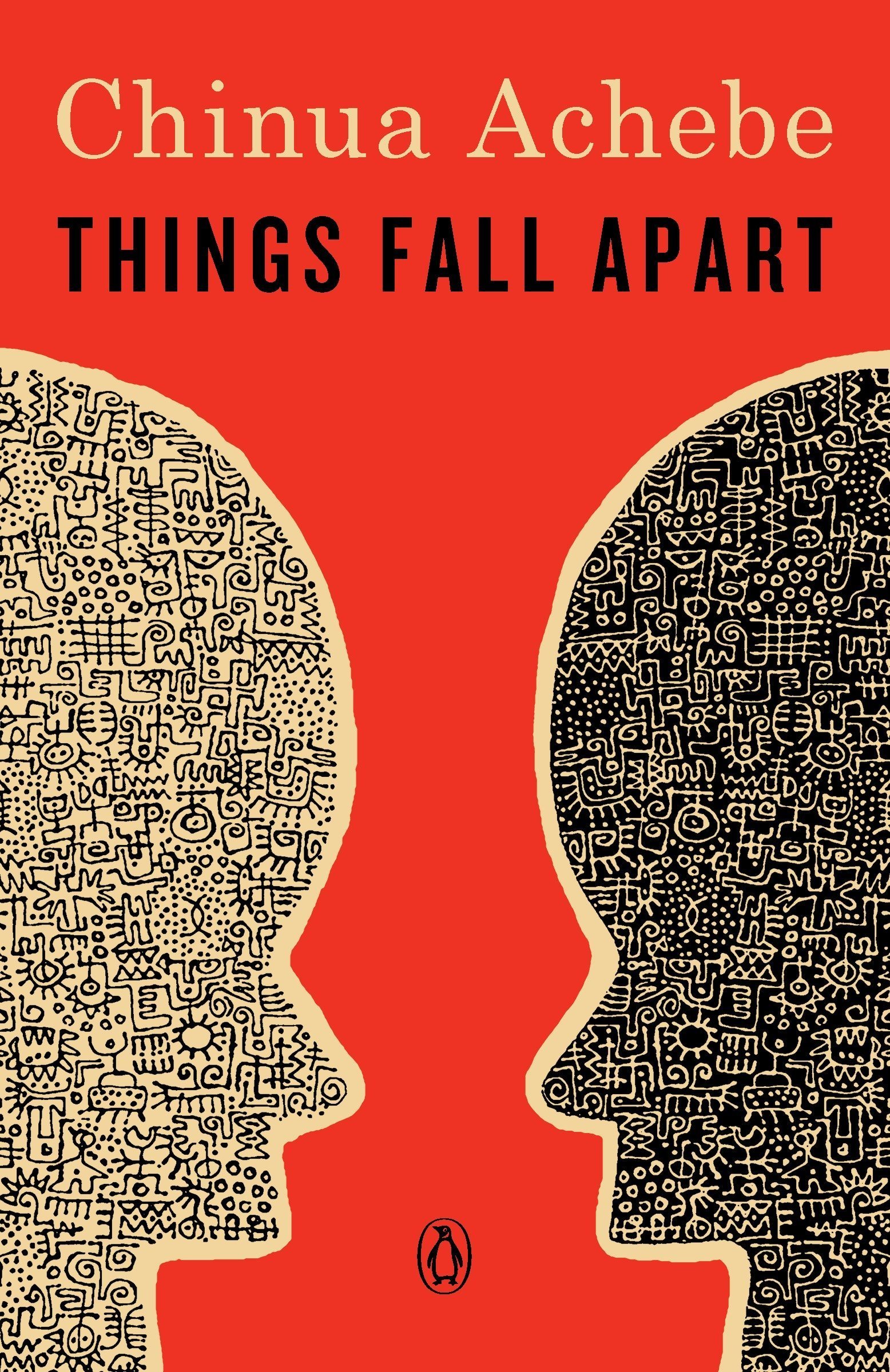Things Fall Apart': A Classic of African Literature
BY CHINUA ACHEBE
Things Fall Apart by Chinua Achebe is a masterpiece that offers a poignant and heartbreaking portrayal of the collision between African tradition and European colonialism. Set in the late 19th century, it tells the story of Okonkwo, a respected warrior of the Umuofia clan in southeastern Nigeria, and follows his journey from the pre-colonial era into the devastating changes that European colonization brings to his world.
Okonkwo is a complex character, defined by his determination to distance himself from the legacy of his father, Unoka, whom he views as weak and effeminate. This desire to avoid his father’s failure becomes the driving force of Okonkwo’s life, and it propels him toward success as a warrior, a farmer, and a leader within his community. Yet, despite his wealth and social standing, Okonkwo is haunted by the fear of weakness, a fear that will ultimately shape his tragic fate.
However, the arrival of Europeans and their Christian religion begins to unravel the fabric of Okonkwo’s society. As missionaries spread throughout the region, they disrupt the Igbo people’s traditional beliefs, customs, and social structures, leading to conflict both within the clan and within Okonkwo himself. The colonial forces invade not only through their military might but also through their cultural imposition, challenging the long-standing institutions of the Igbo people. Through Okonkwo’s eyes, we witness the painful dismantling of a rich, complex society and the destructive force of colonialism on African cultures.
Achebe’s exploration of masculinity is one of the key themes in Things Fall Apart. Okonkwo’s sense of self-worth is tightly bound to his ideas of what it means to be a man—he is determined to be nothing like his father, who he believes epitomizes failure and weakness. His fear of being perceived as weak causes him to overcompensate, often leading him to make violent and rash decisions. This obsession with strength, coupled with his inflexibility, makes him unable to adapt to the changing world around him. As the novel progresses, it becomes evident that the very qualities that made Okonkwo a respected leader in his community—his unwavering sense of masculinity and his focus on justice—become his undoing in a world that is rapidly changing under the pressure of European colonization.
Another central theme in the novel is fear. Okonkwo’s life is dominated by fear—fear of failure, fear of weakness, and fear of change. This fear shapes his interactions with his family and his community, often causing him to act impulsively and harshly. His inability to confront his own vulnerabilities or to accept the changing world around him leads to tragic consequences. Achebe masterfully explores how fear, both personal and collective, can shape the fate of individuals and entire communities.
In addition to the personal and psychological dimensions of the novel, Things Fall Apart also offers an invaluable insight into the culture, traditions, and religion of the Igbo people before the arrival of European colonialism. Through Okonkwo’s eyes, we learn about the intricacies of Igbo customs, the role of the gods and ancestors in daily life, and the complex social and political structures that governed their society. The Igbo religion is presented as an integral part of their identity, intertwined with social norms and laws, and its destruction through colonialism is one of the novel’s most tragic aspects. As the Europeans impose their own religion and systems of governance, the rich cultural heritage of the Igbo people is threatened, and the consequences of this destruction are felt deeply by Okonkwo and his community.
Achebe’s Things Fall Apart is not just the story of one man’s fall from grace, but a broader commentary on the destructive power of colonization and the ways in which it disrupts and dismantles entire cultures and ways of life. The novel serves as an exploration of identity, power, and the complexities of cultural change. Through Okonkwo’s tragic fate, Achebe underscores the devastating consequences of cultural imperialism, highlighting how colonialism does not just rob people of their land and resources, but also their sense of self.
In many ways, Things Fall Apart is a tragic novel, as we see Okonkwo’s life spiral into chaos as his world unravels around him. Yet it is also a profoundly important work of literature that gives voice to the Igbo people and offers a critical perspective on the effects of European colonization on African societies. It is a must-read for anyone interested in understanding the complexities of African history, culture, and the enduring legacy of colonialism.
Achebe’s novel remains an essential work in the canon of world literature, not just because of its literary brilliance, but because it provides an invaluable window into a world that was forever changed by colonialism.


